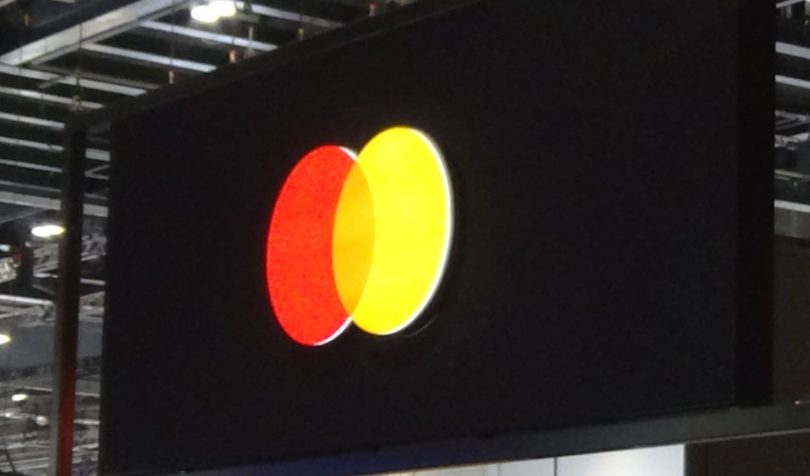After pulling out of Facebook’s Libra project last week, yesterday Mastercard shared its thoughts on moving forward with distributed ledger technology (DLT).
“Following our withdrawal from the Libra Association membership process last week, we’ve received a great deal of interest in understanding how we evaluate technologies, programs and partners that have the potential to evolve the payments industry and enhance the value we can deliver,” Mastercard said.
The payments company stated that it sees potential in digital currencies to become trusted payment instruments for consumers and businesses. But for adoption, they need to offer stability, regulatory compliance and consumer protection. The company says many digital currencies today fail to provide these guarantees.
To meet these expectations, Mastercard has prescribed the following guidelines:
- Consumer protection – Blockchain networks and cryptocurrencies must ensure privacy and security of consumer’s data and transactions.
- Level playing field – All stakeholders, including financial institutions, merchants, and mobile network operators, must contribute and benefit from the blockchain network.
- Regulatory compliance – Blockchain networks and cryptocurrencies should be fully compliant with laws and regulations set by a country. This includes anti-money laundering laws (AML) and integration into existing economic systems in the region in which they operate.
These points were raised yesterday at the IMF meetings during a talk about Libra and stable coins. Harvard professor Jason Furman stated that it’s critical to encourage competition through interoperability.
At the same talk, Mark Carney, the Bank of England Governor, highlighted that AML is harder than it seems. “Do you just know the individual when they enter? Can they be tracked on a wallet to wallet if it’s exchanged between wallets by different providers?” He noted that while some authorities might want this information, it may conflict with privacy requirements.
And Facebook’s David Marcus showed empathy for some of the payment companies that withdrew from Libra. “I think it’s harder for very large regulated entities to take an active part in this fight right now given the climate and the pressure,” he said.
Back to Mastercard. The firm remains committed to blockchain despite its withdrawal.
“We believe in the transformative power of blockchain. We hold the third largest number of blockchain patents and patent applications, and from our provenance solution to commercial payments, our exploration of blockchain applications span our entire business ecosystem,” said Mastercard.
The firm is involved in several other blockchain projects. Last month, it joined the Marco Polo blockchain trade finance network. The company is also working with R3 to develop a cross-border payments solution.
And in August, the company launched a blockchain traceability solution for high-end clothing.






